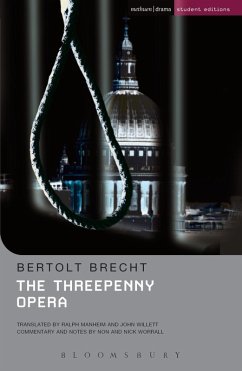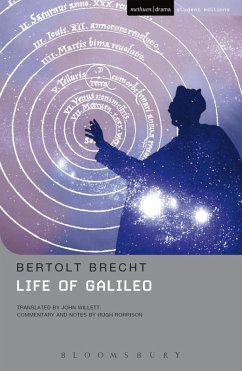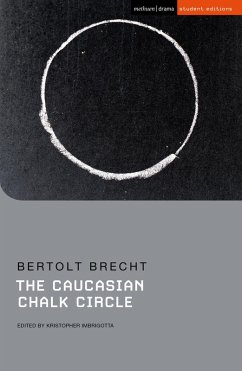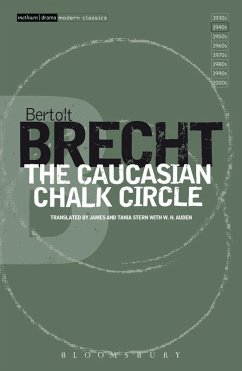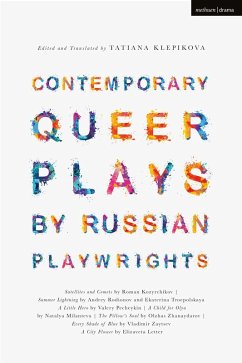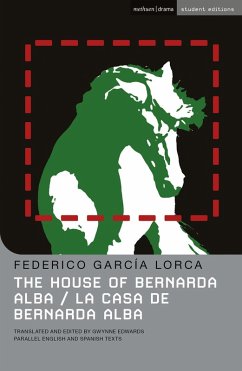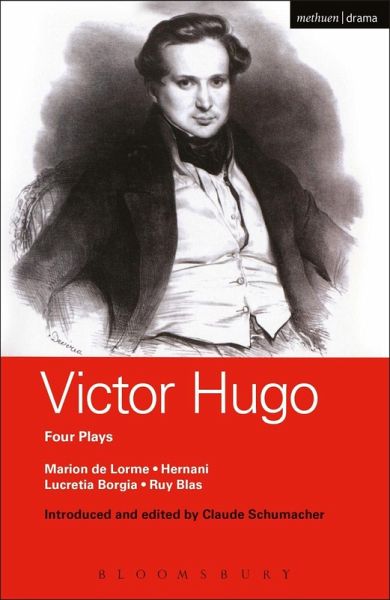
Victor Hugo: Four Plays (eBook, PDF)
Marion de Lorme; Hernani; Lucretia Borgia; Ruy Blas
Übersetzer: Howarth, William D.; Hand, Richard J.; Golder, John

PAYBACK Punkte
10 °P sammeln!
Four previously untranslated plays for the World Classics series.
Here are four characteristic and hugely important dramas by one of the most famous and influential European writers of the last two hundred years, translated into English for the first time, and in highly playable versions. An essential collection for students of both French and Drama
Here are four characteristic and hugely important dramas by one of the most famous and influential European writers of the last two hundred years, translated into English for the first time, and in highly playable versions. An essential collection for students of both French and Drama
Dieser Download kann aus rechtlichen Gründen nur mit Rechnungsadresse in A, B, BG, CY, CZ, D, DK, EW, E, FIN, F, GR, HR, H, IRL, I, LT, L, LR, M, NL, PL, P, R, S, SLO, SK ausgeliefert werden.





